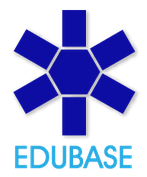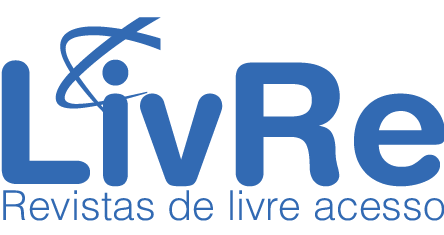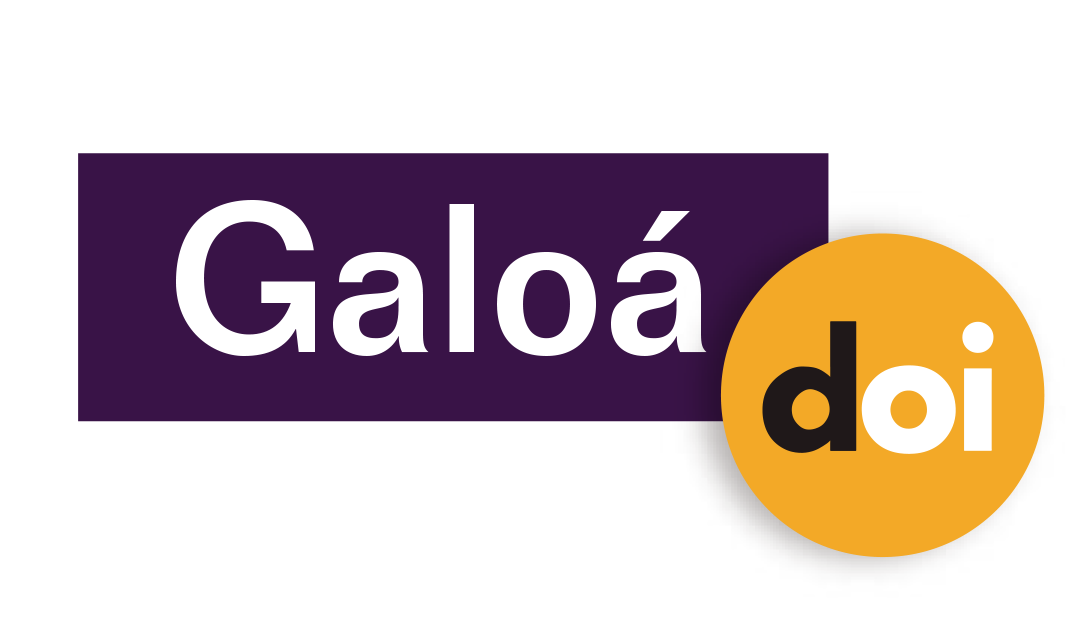STSE Approach in High School Chemistry: A Brief Review in National Literature
Resumo
Today we live in an increasingly scientific and technologically developed society that has promoted transformations in the social, political and economic environment. This development brought with it the illusion that all social and cultural problems would be solved, creating a traditional image of this science, in which its development would be free of particular interests. In order for the community to be able to understand the relations between science and the collective, it is necessary to have debates about the subject, and thinking about it, the movement called Science, Technology, Society and Environment (STSE) was created, representing a critical study group about the traditionalist and essentialist view of science and technology. The STSE studies seek to understand their social dimensions and even their consequences. Thus, this study has as main objective to review the Brazilian literature in search of articles that work the STSE approach in the teaching of Chemistry in the context of the high school classroom, with the intention of training citizens critical about the most diverse subjects of this. This research has a qualitative character, as it allows the researcher a better approximation and understanding of the facts studied. The articles were searched in national journals that allow free access and with qualis A1, A2 and B1 qualis according to the CAPES Qualis-Periodical system. In all, 24 journals were found, but only 8 articles were found with the theme under study, being found 14 in total. The selected papers cover the topics of Acids and Bases (1), Physical-Chemistry (1), Environmental Chemistry (3), Organic Chemistry (8) and Radioactivity (1), in which teaching was conceived in the STSE precepts to promote greater contextualization and the formation of the critical citizen. All the creators of the researches sought through the STSE to make the classes more attractive and dynamic, centering the construction of the knowledge in the student through the stimulation of the research.
Palavras-chave
DOI: https://doi.org/10.17648/acta.scientiae.v21iss3id4660
Apontamentos
- Não há apontamentos.
Direitos autorais 2019 Eduardo da Silva Firmino, Caroline de Goes Sampaio, Ana Karine Portela Vasconcelos, Antonia Clarycy Barros Nojosa, Gabriela Clemente Brito Saldanha, Marcelo Henrique Freitas Saraiva Guerra, Maria Cleide da Silva Barroso

Esta obra está licenciada sob uma licença Creative Commons Atribuição 4.0 Internacional.
ANÚNCIOS
Informamos que, a partir de outubro de 2025, devido ao grande número de artigos na fila de submissão, está suspenso o aceite de submissões. Rebriremos em fevereiro de 2026.
Mais, informamos que sites fraudulentos, https://periodicos-ulbrabr.org e https://periodicos-ulbrabra.org, estiveram se passando pela Acta Scientiae, utilizando nosso nome e identidade visual e até solicitado taxas de APC, que nós não cobramos. Aconselhamos cautela para evitar serem enganados por sites semelhantes.
Conceito A2 na Capes(2021)
Índice h5 do Google Scholar: 13
Índice mediana h5 do Google Scholar:24
eISSN: 2178-7727
Indexações:
A Acta Scientiae é indexada em: | Scopus |  | Latindex |  | Edubase (SBU/UNICAMP) |
 | Sumarios.org |  | Google Scholar |  | Portal LivRe (CNEM) |
 | Journals for Free |  | REDIB |  | Galoá DOI |

Todos os trabalhos publicados aqui estão sob uma licença Creative Commons - Atribuição 4.0 Internacional.
